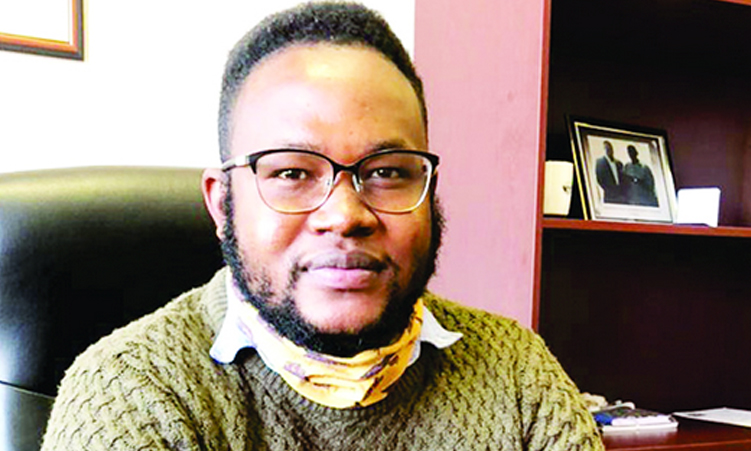On 8 December, The Namibian published an article titled ‘Reviving ‘Dad’ Power: The Overlooked Significance of Fathers’.
The author stated that “statistics indicate that single parent households, more so those led by women, contribute significantly to food insecurity” but failed to specify the statistics.
I would argue that not providing ‘evidence’ as to why is an important miss.
Namibian women, like their counterparts around the world, grapple with very particular social, cultural, economic, legal and policy challenges.
Strides have been made in addressing these issues, but the lingering impact remains all too evident.
SOCIAL FACTORS
In their research, ‘Single Parenting: Impact on Child’s Development’, Kersi Chavda and Vinyas Nisarga found that many single parents, especially women, find themselves single parenting.
This is because of social factors such as intimate partner violence, divorce, and male migration, among others.
Single parent households, particularly those headed by women, face unique hurdles, often rooted in deeply ingrained societal norms.
Comparatively, countries that are successful in tackling food insecurity in single parent households have implemented comprehensive support systems.
Scandinavian nations, for instance, have achieved remarkable success by emphasising gender equality, robust social programmes and shared parenting responsibilities.
In contrast, nations which neglect such measures continue to witness a disproportionate burden on single parent households, perpetuating the cycle of food insecurity.
As I read the article, the author’s emphasis on statistics raised the question for me whether “he is implying that women need men in order to raise a child?”
Perhaps unconsciously the assertion neglects the systemic challenges faced by single mothers globally.
Studies like ‘Single Parenting: Impact on Child’s Development’ and other research all indicate that legal, and policy barriers, as well as deeply rooted social and cultural factors, contribute significantly to statistics on high food insecurity in female-headed households.
BREAKING IT DOWN
A study by the Oyayone Foundation this year (2023) on the ‘Status of Women in Namibia’ explains comprehensively why food insecurity is high in single parent households led by women in Namibia.
Factors include unpaid childcare, financial inclusion and asserting ownership.
Also, the author’s argument would have been diminished if the studies included statistics on food secure households where same-sex couples are involved. But that is an argument for another day.
In conclusion, the author should have placed more emphasis on the involvement of men in their children’s lives and fostering a more equitable distribution of parenting responsibilities.
This would encourage the socio-economic empowerment of women and men in order to improve such households, and would enhance the well-being of children.
By dismantling traditional gender roles and fostering collaboration, we can improve the livelihoods of households single-handedly headed by women, and by men.
In this way, we can pave the way for a more resilient and inclusive society.
- Shonena V Nathanael is an English and linguistics student at Namibia University of Science and Technology (Nust), a Learning Planet youth fellow, and a human rights activist
Stay informed with The Namibian – your source for credible journalism. Get in-depth reporting and opinions for
only N$85 a month. Invest in journalism, invest in democracy –
Subscribe Now!






